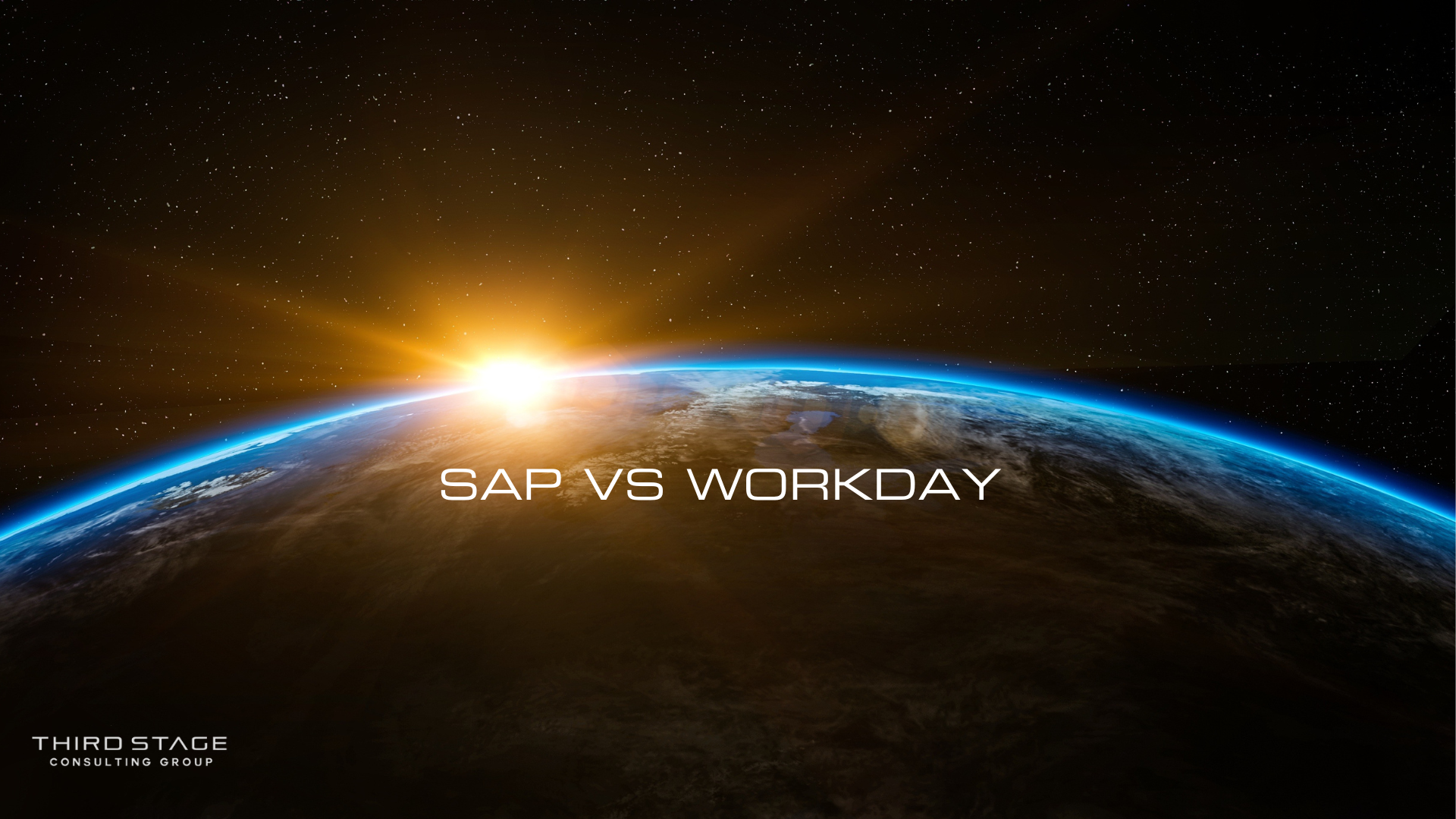When evaluating Enterprise Resource Planning (ERP) systems, SAP S/4HANA and Workday often emerge as top contenders. Both systems offer robust capabilities but are designed with distinct approaches and target markets. Understanding their unique characteristics, strengths, and limitations is essential for selecting the right solution for your organization.
Table of Contents
ToggleSAP S/4HANA: A Legacy of Comprehensive ERP Solutions
SAP S/4HANA has been a leading ERP system for decades, renowned for its ability to handle the complexities of large, multinational organizations. With extensive capabilities tailored to various industries, it remains a go-to solution for enterprises requiring an end-to-end system.
Key Features:
- Extensive Functionality: SAP S/4HANA offers modules for financials, inventory, manufacturing, supply chain management, procurement, and more, providing a complete ERP ecosystem.
- Scalability for Global Operations: Designed to support large-scale operations across multiple geographies and business units.
- Deployment Flexibility: Offers cloud, on-premise, and hybrid options, enabling organizations to choose a model that aligns with their IT strategies.
- Industry-Specific Expertise: SAP delivers tailored solutions for industries such as automotive, retail, pharmaceuticals, and manufacturing, addressing unique operational challenges.
Strengths:
- Comprehensive features for managing intricate business processes.
- Established reputation and widespread adoption in global enterprises.
- Robust support for complex supply chain and manufacturing needs.
Challenges:
- Complexity in implementation and usage, requiring significant training and resources.
- Higher upfront costs and longer deployment timelines compared to cloud-native systems.
Workday: A Modern, Cloud-Native ERP Solution
Workday, in contrast, is a relatively newer ERP system, initially focused on human capital management (HCM) and financials. Its cloud-native design and user-friendly interface make it an attractive choice for organizations seeking simplicity and agility.
Key Features:
- Cloud-Native Architecture: Built entirely on a SaaS platform, Workday provides seamless updates, scalability, and accessibility.
- Ease of Use: Its intuitive interface and streamlined workflows reduce the learning curve for users.
- HCM Leadership: Recognized as an industry leader in talent and workforce management.
- Agile Implementation: Faster deployment compared to traditional ERP systems, minimizing downtime.
Strengths:
- Exceptional capabilities in HCM and financial management.
- Simplified user experience designed for non-technical users.
- Predictable subscription-based pricing.
Challenges:
- Limited functionality for manufacturing, supply chain management, and other complex processes.
- Exclusively cloud-based, which may not suit organizations with specific on-premise requirements.
SAP S/4HANA vs. Workday: A Side-by-Side Comparison
| Aspect | SAP S/4HANA | Workday |
|---|---|---|
| Functionality | Comprehensive, covering all major ERP modules. | Focused on HCM and financial management. |
| Deployment Options | Cloud, on-premise, and hybrid. | Exclusively cloud-based. |
| Ease of Use | Complex, requiring training and customization. | User-friendly and intuitive. |
| Industry Focus | Strong in manufacturing, supply chain, and retail. | Best for service-oriented industries. |
| Implementation Timeline | Longer and more resource-intensive. | Faster and more agile. |
| Cost Structure | Higher upfront costs with long-term ROI. | Subscription-based, with predictable costs. |
Factors to Consider When Choosing
Selecting between SAP S/4HANA and Workday depends on your organization’s priorities, industry, and long-term goals. Here are some key factors to consider:
- Business Complexity and Scale:
- For large, global organizations with complex operations, SAP S/4HANA’s comprehensive capabilities and scalability make it the better fit.
- For smaller or service-oriented companies, Workday’s simplicity and ease of use are ideal.
- Deployment Preferences:
- If you require flexibility in deployment models, SAP S/4HANA offers cloud, on-premise, and hybrid options.
- Workday’s cloud-native approach is perfect for organizations prioritizing SaaS solutions.
- Functional Priorities:
- If your focus is on manufacturing, supply chain, or industry-specific needs, SAP S/4HANA provides unmatched functionality.
- For HR, talent management, and financials, Workday is a top choice.
- Budget and Resources:
- Organizations with larger budgets and IT resources may benefit from SAP’s robust capabilities.
- For those seeking quicker ROI and lower upfront costs, Workday’s subscription model is appealing.
Making the Final Decision
Choosing between SAP S/4HANA and Workday is not a one-size-fits-all decision. It requires a thorough understanding of your organization’s unique needs, long-term goals, and industry demands. Both systems have their strengths and can deliver significant value if aligned with your operational priorities.
For a deeper dive into ERP system comparisons and best practices for implementation, consider consulting with independent experts who can guide your decision-making process. Remember, the right ERP system is one that not only meets your immediate needs but also scales with your organization’s growth and evolution..





